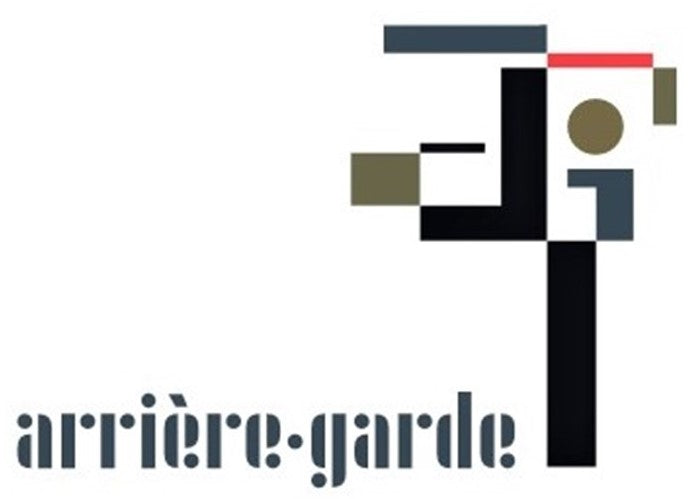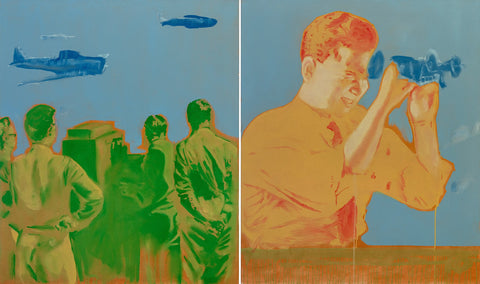Work is a theme that Marcelo Amorim eviscerates across its whole spectrum: from labour to that of the high echelons of the illuminati and the managerial class.
For the men from agrarian realities to the working class, work stands for humbleness, subordination, and the deployment of physical strength over the time of productive life. Apprenticeship is the typical ‘education’ received by workers in these sectors, and is often instilled with the notions of acceptance of higher hierarchical ranks, resignation to one’s low standing in the profession pyramid, and the endurance of humiliation and psychological violence in the workplace.
For the men who were favoured by a privileged background and/or education, and who excelled academically, destiny and advancement reserve high executive positions, political dominance, and economic power. An underlying and all-pervading sense of self-entitlement and the notion of superiority allows these men, at the very apex of society, to be opinion makers, to engineer social ethics and economic policy in their favour, and to impose the discourses that will grant them an untouchable hegemony.
The organization of work may have begun before the evolution of Homo Sapiens. Along with tools, a more complex brain structure, and linguistic communication, the division of labour - and, subsequently, job specialization - may have been responsible for starting the human conquest of nature and differentiating human beings from other animal species. However, as Amorim shows us through his art, work has evolved into an institution that also differentiates a human being from another human being, male from female, Black from White, rich from poor, and oppressors from oppressed. The institution of work, as depicted by Amorim, has become one of the strongest determiners of power asymmetry and social injustice in our contemporary world.

